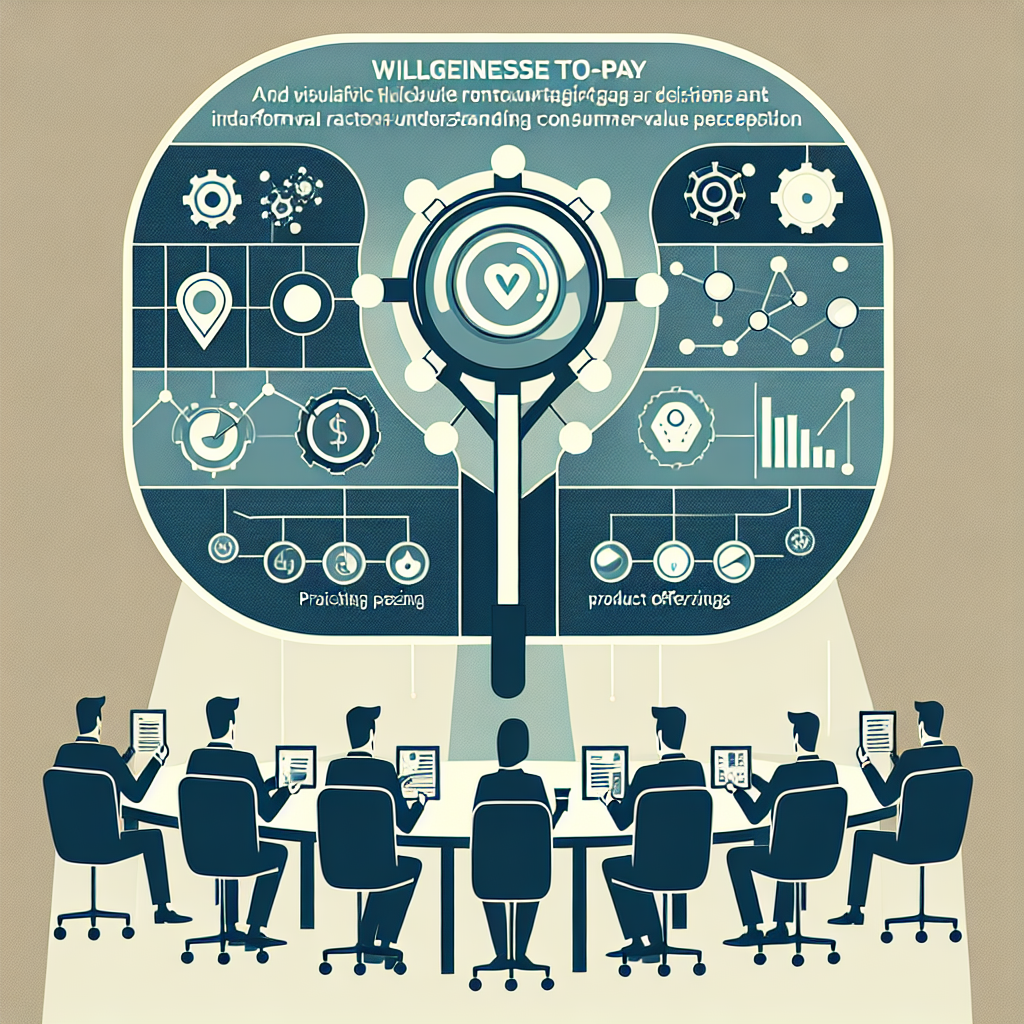The Future of Marketing Budgeting: Trends to Watch
The revelation came to Paul during a late-night strategy session with the marketing team. They had been grappling with budget allocation for a new product launch when the CMO made a surprising announcement. Instead of the traditional top-down approach, she unveiled a new platform where team members across departments could propose and vote on marketing initiatives, with funds automatically allocated based on consensus and predefined performance triggers. The old Excel spreadsheets and quarterly budget meetings were being replaced by something far more dynamic and responsive. That night transformed Paul's understanding of marketing budgeting—where resources wouldn't just be allocated but would flow intelligently to where they could create the most value in real-time. This experience launched his exploration into the emerging field of next-generation marketing budgeting, revealing how traditional approaches are being fundamentally reimagined.
Introduction: The Budgeting Revolution in Marketing
Marketing budgeting has evolved from static annual allocations to increasingly flexible, data-driven systems. This evolution has progressed through several distinct phases: from fixed percentage of sales models to zero-based budgeting, from annual planning cycles to quarterly adjustments, and now to the frontier of intelligent, adaptive systems that reallocate resources in real-time based on performance and market conditions.
The integration of decentralized decision-making, blockchain technology, and machine learning represents what Harvard Business Review has described as "the reinvention of the marketing operating model." In contemporary organizations, these technologies transform the fundamental relationship between budgets and outcomes, creating continuously optimizing resource allocation rather than periodic planning exercises.
Research from the CMO Survey indicates that organizations employing adaptive budgeting approaches show 28% higher marketing ROI and 34% improved agility in responding to market changes compared to traditional budget models. Meanwhile, a study published in the Journal of Marketing Management found that organizations with decentralized marketing budget authority create 2.5x stronger cross-functional alignment and innovation outcomes.
1. Decentralization and Democratization
The most sophisticated applications of modern budgeting distribute decision-making authority across the organization.
Marketing departments are increasingly adopting participatory budgeting models where frontline teams have significant autonomy over spending decisions. Unilever's "Connected 4 Growth" operating model demonstrates this approach, empowering local marketing teams with budget authority while maintaining central strategic oversight. This resulted in 50% faster execution of marketing initiatives and 30% improved efficiency.
Democratized input has become essential for agile response to market changes. Companies like Procter & Gamble have implemented internal marketplaces where marketing teams can pitch ideas and secure funding based on peer review and expected ROI calculations. Their "GrowthWorks" platform allows employees to propose marketing innovations that receive incremental funding as they demonstrate results against predefined metrics.
This shift requires new governance mechanisms. Marketing leaders are developing frameworks that balance autonomy with accountability through clear decision rights, transparent metrics, and regular review cycles. Adobe's marketing organization employs a "freedom within a framework" approach where teams receive budget allocations with significant discretion provided they meet established performance benchmarks.
2. Smart Contracts and Blockchain
Budget execution is being transformed through automated agreements and transactions.
Performance-based agreements encoded in smart contracts are revolutionizing agency relationships and media buying. Vodafone's experimental blockchain-based media buying program automatically releases payments when verified impressions are delivered, reducing reconciliation time from 30 days to near real-time and eliminating disputed transactions.
Budget transparency and verification through distributed ledger technology is addressing long-standing challenges in marketing spend tracking. IBM's blockchain solution for marketing supply chain provides immutable records of budget commitments, actual expenditures, and resulting outcomes, creating what their CMO calls "a single source of truth for marketing investments."
The marketing procurement process is being streamlined through automated execution of pre-approved transactions. Nestlé's procurement blockchain reduces the average time to execute marketing purchase orders from 4.5 days to under 10 minutes while providing comprehensive visibility into spending patterns across global markets.
3. Always-On Learning Systems
Marketing budgeting is becoming increasingly intelligent through continuous optimization.
Predictive allocation models powered by machine learning continuously adjust spending across channels. Mastercard's marketing mix modeling platform ingests performance data hourly to redistribute digital ad spending across platforms, resulting in 23% improved acquisition cost efficiency compared to weekly optimization cycles.
Multi-armed bandit algorithms now manage budget experimentation, automatically shifting resources to high-performing tactics. Booking.com employs this approach to manage over 1,000 concurrent marketing experiments, with their system detecting winning variations and reallocating budget in real-time, leading to what their Chief Marketing Technologist describes as "perpetual optimization rather than periodic analysis."
Marketing teams are developing systems that identify emerging opportunities through anomaly detection. Spotify's marketing analytics platform uses AI to identify unexpected performance patterns in campaign data and automatically shifts budget to capitalize on outperforming segments or creative variants, increasing conversion rates by 18% compared to manual optimization approaches.
Conclusion: The Intelligent Future of Marketing Budgeting
As noted by marketing technology researcher Scott Brinker, "Marketing budgets are becoming less like maps and more like navigation systems—continuously recalculating the optimal path as conditions change." For marketing leaders, this insight suggests that budgeting intelligence may be the key to creating truly adaptive organizations that transcend the limitations of periodic planning cycles.
The integration of decentralized decision-making, blockchain technology, and machine learning into marketing budgeting represents more than just technical innovation—it fundamentally transforms the relationship between resources and results, enabling dynamic allocation that blurs the line between planning and execution.
As these technologies mature, the distinction between budgeting and optimization will continue to blur, creating unprecedented opportunities for efficiency, agility, and performance that respond not just to historical patterns but to emerging opportunities in real-time.
Call to Action
For marketing leaders looking to pioneer intelligent budgeting approaches:
- Develop governance frameworks that balance decentralized authority with strategic alignment
- Invest in technologies that enable transparent tracking of marketing investments and outcomes
- Create experimental sandboxes where teams can test new budgeting approaches with limited risk
- Build cross-functional steering committees spanning marketing, finance, and technology
- Implement continuous education programs that help teams adapt to new budgeting paradigms
The future of marketing budgeting belongs not to those who create the most detailed plans or control the largest budgets, but to those who build the most intelligent systems for deploying resources where they can create the greatest impact—responding to and capitalizing on market opportunities as they emerge.
Featured Blogs
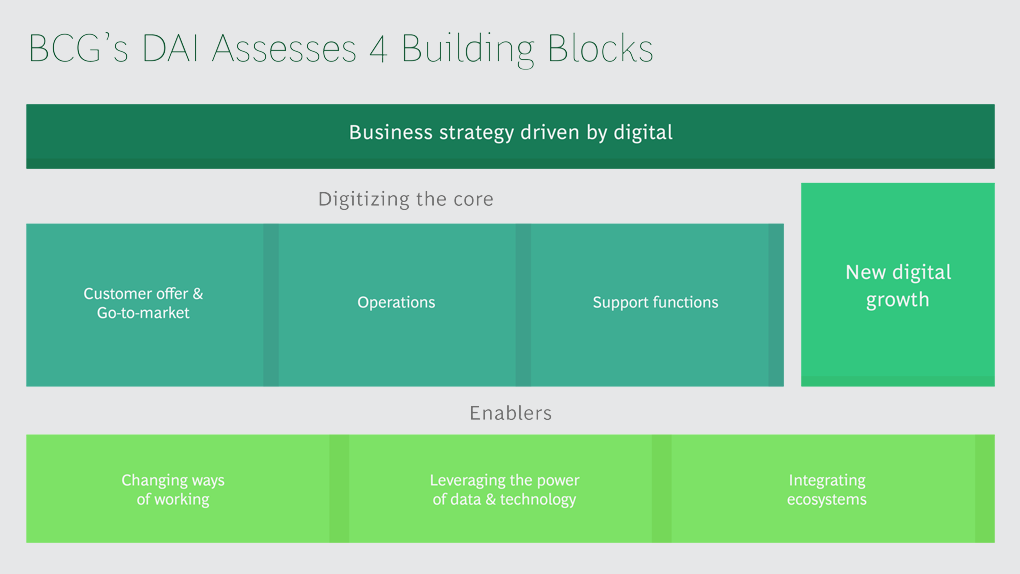
BCG Digital Acceleration Index
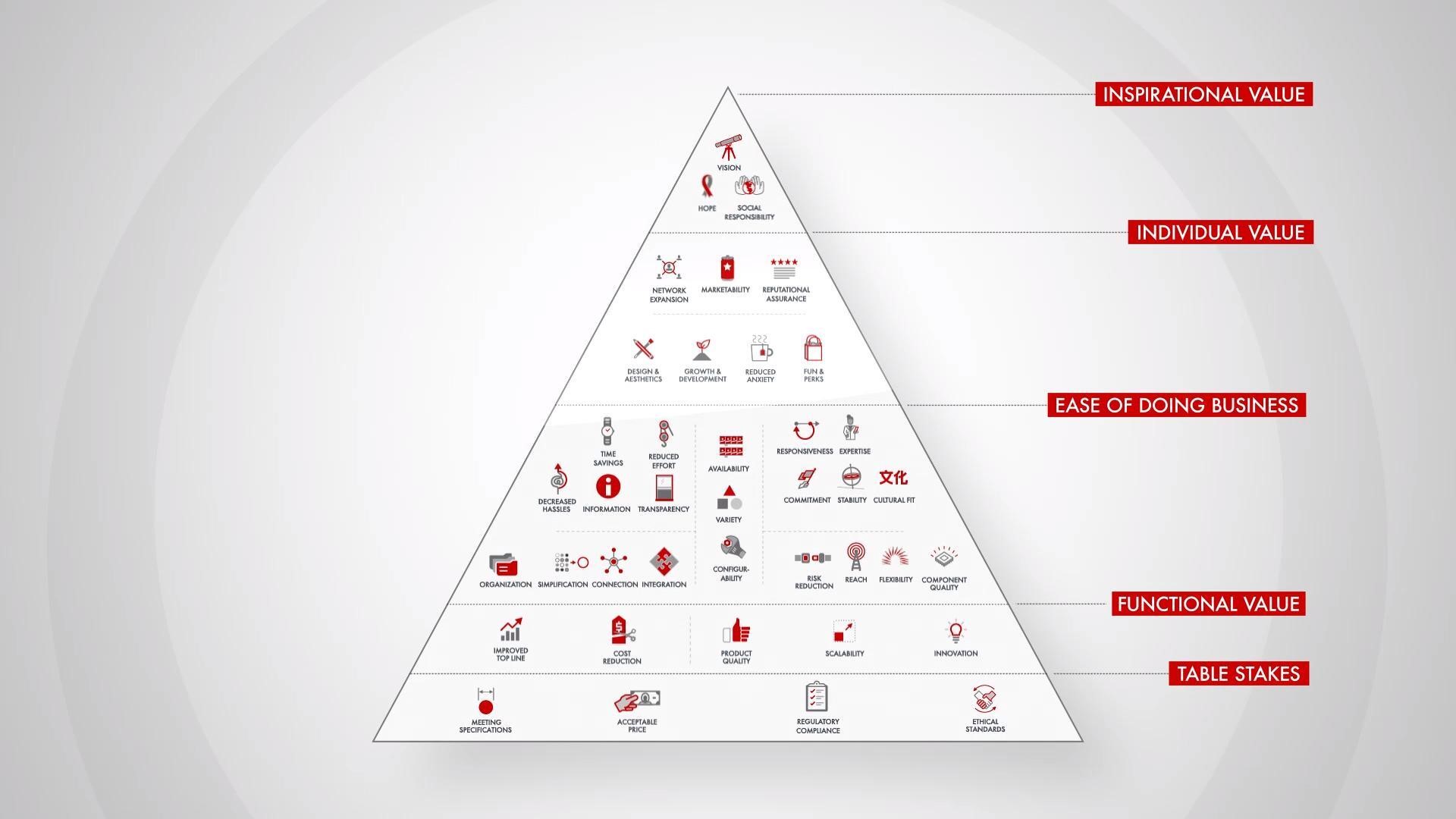
Bain’s Elements of Value Framework
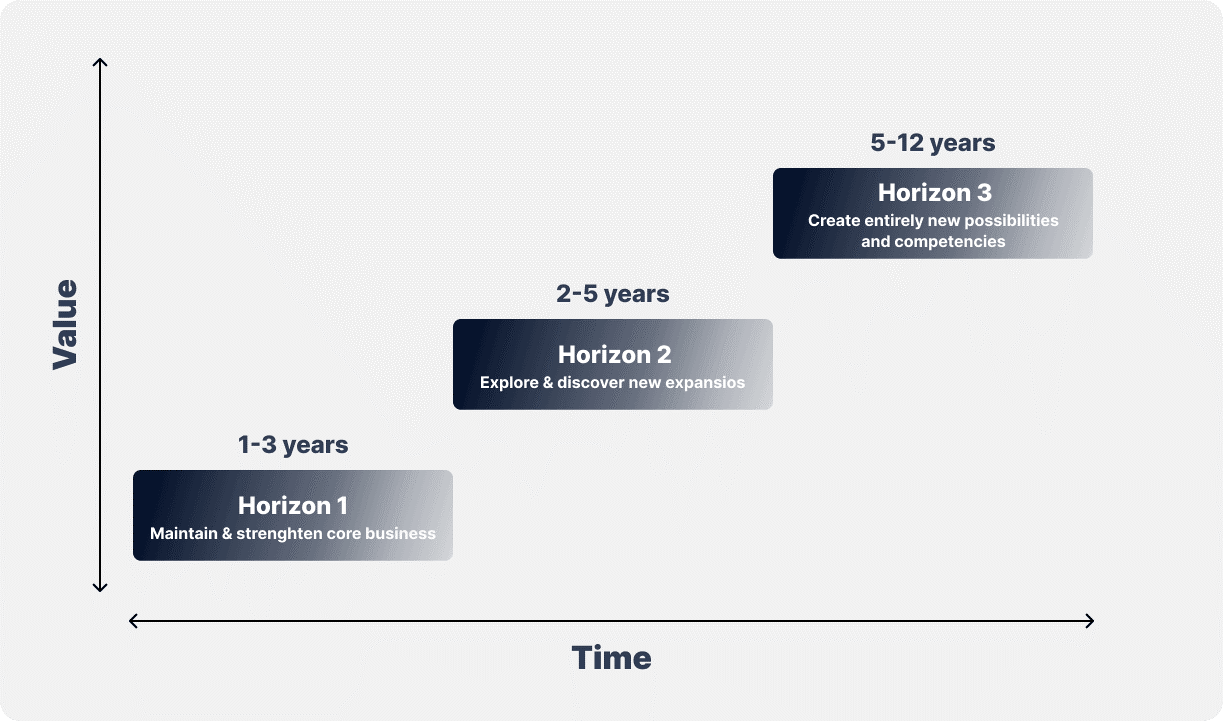
McKinsey Growth Pyramid
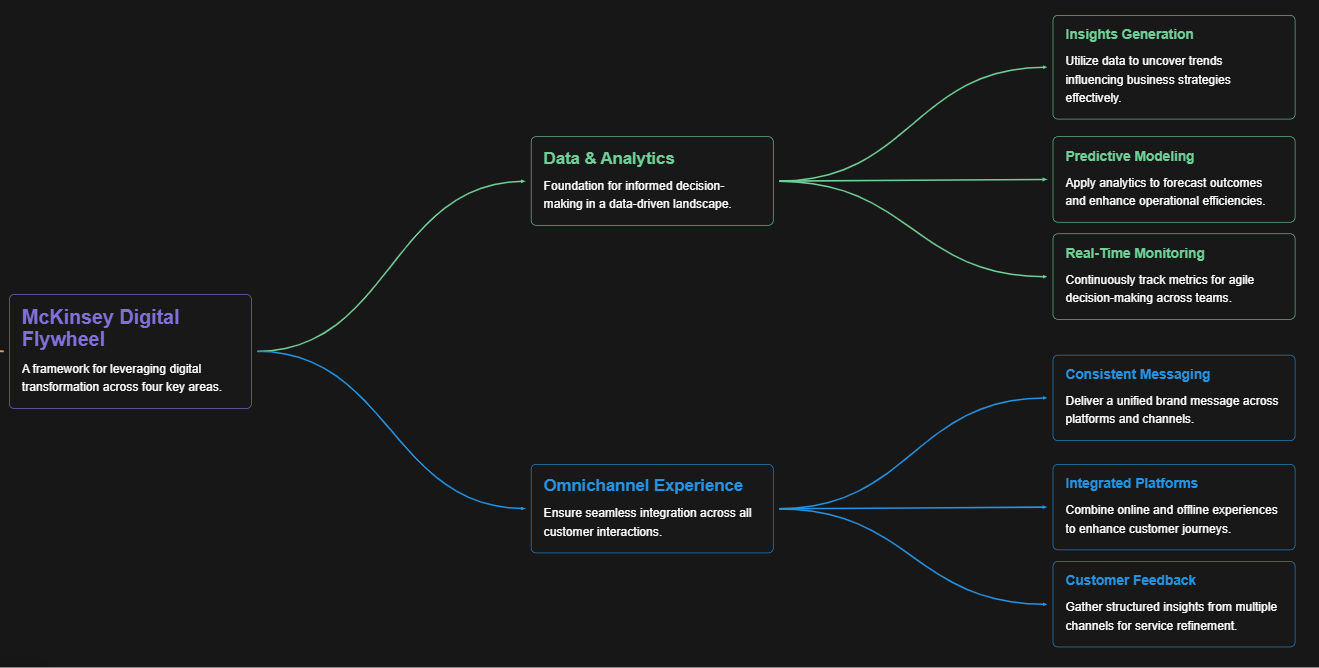
McKinsey Digital Flywheel
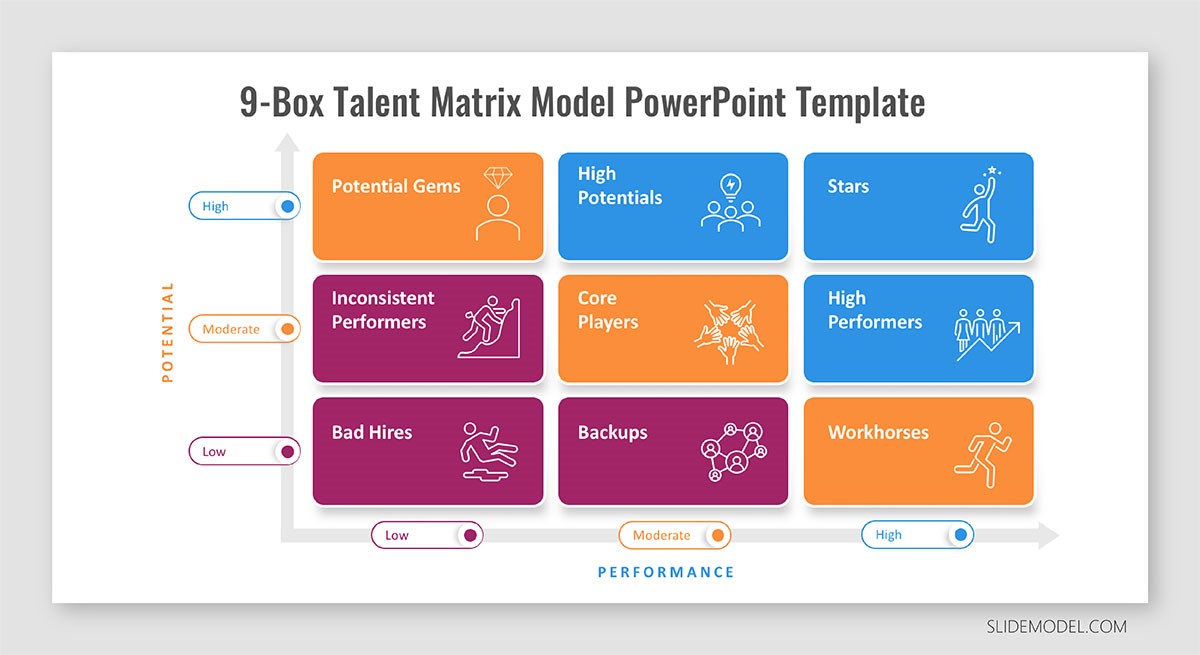
McKinsey 9-Box Talent Matrix
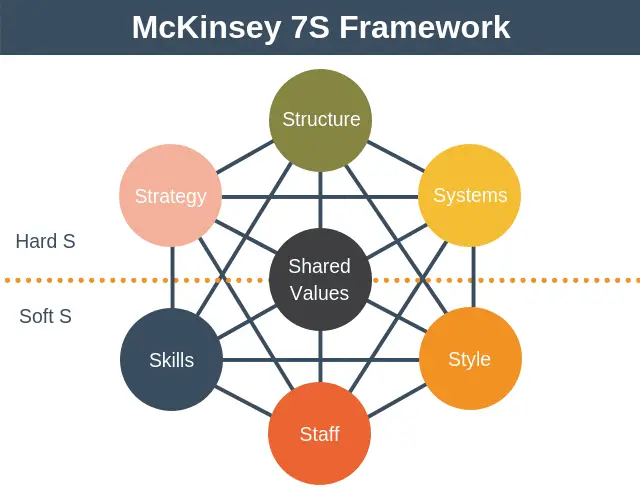
McKinsey 7S Framework
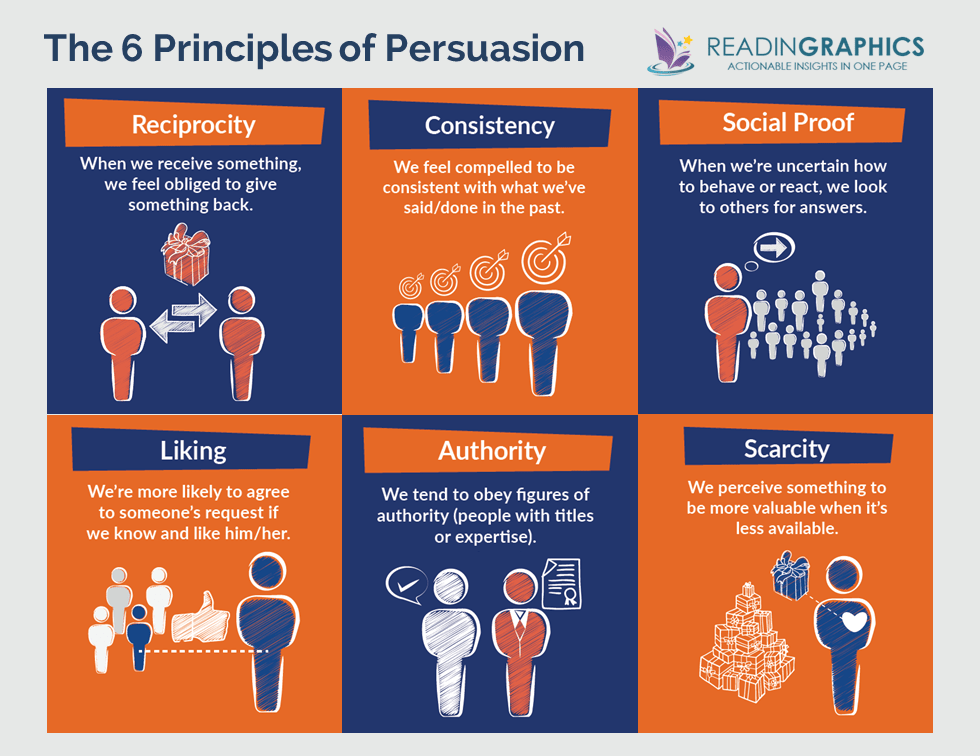
The Psychology of Persuasion in Marketing

The Influence of Colors on Branding and Marketing Psychology





